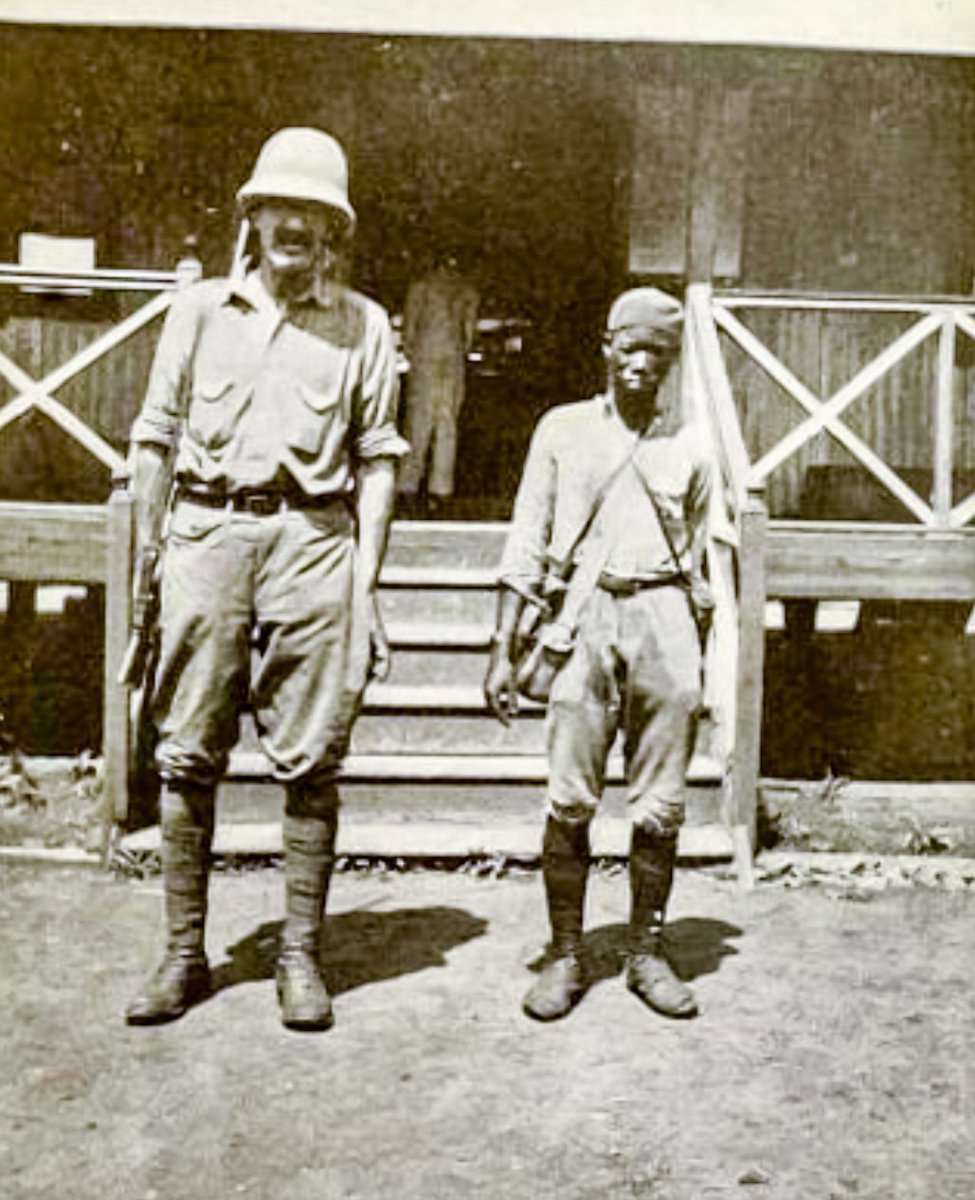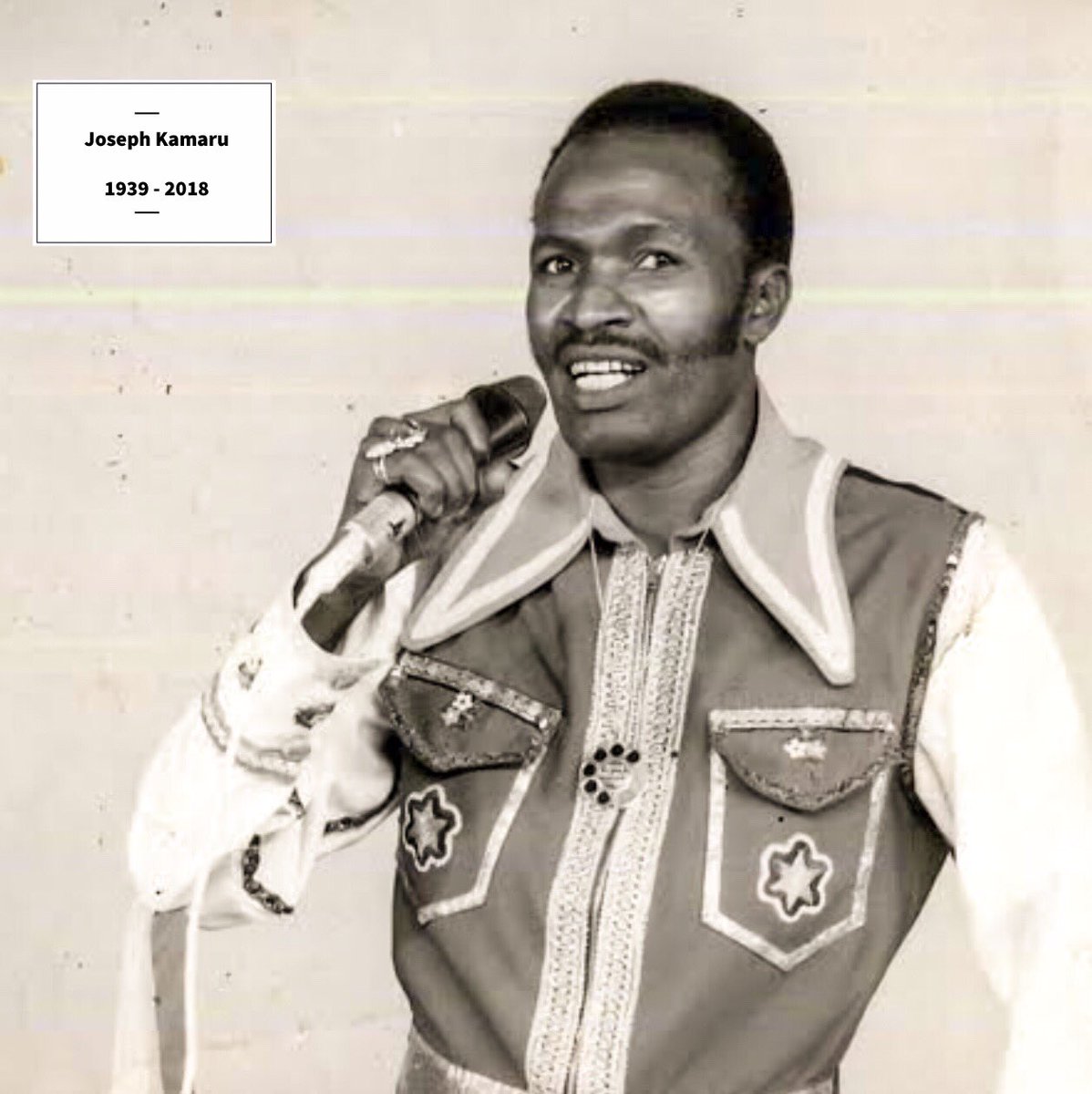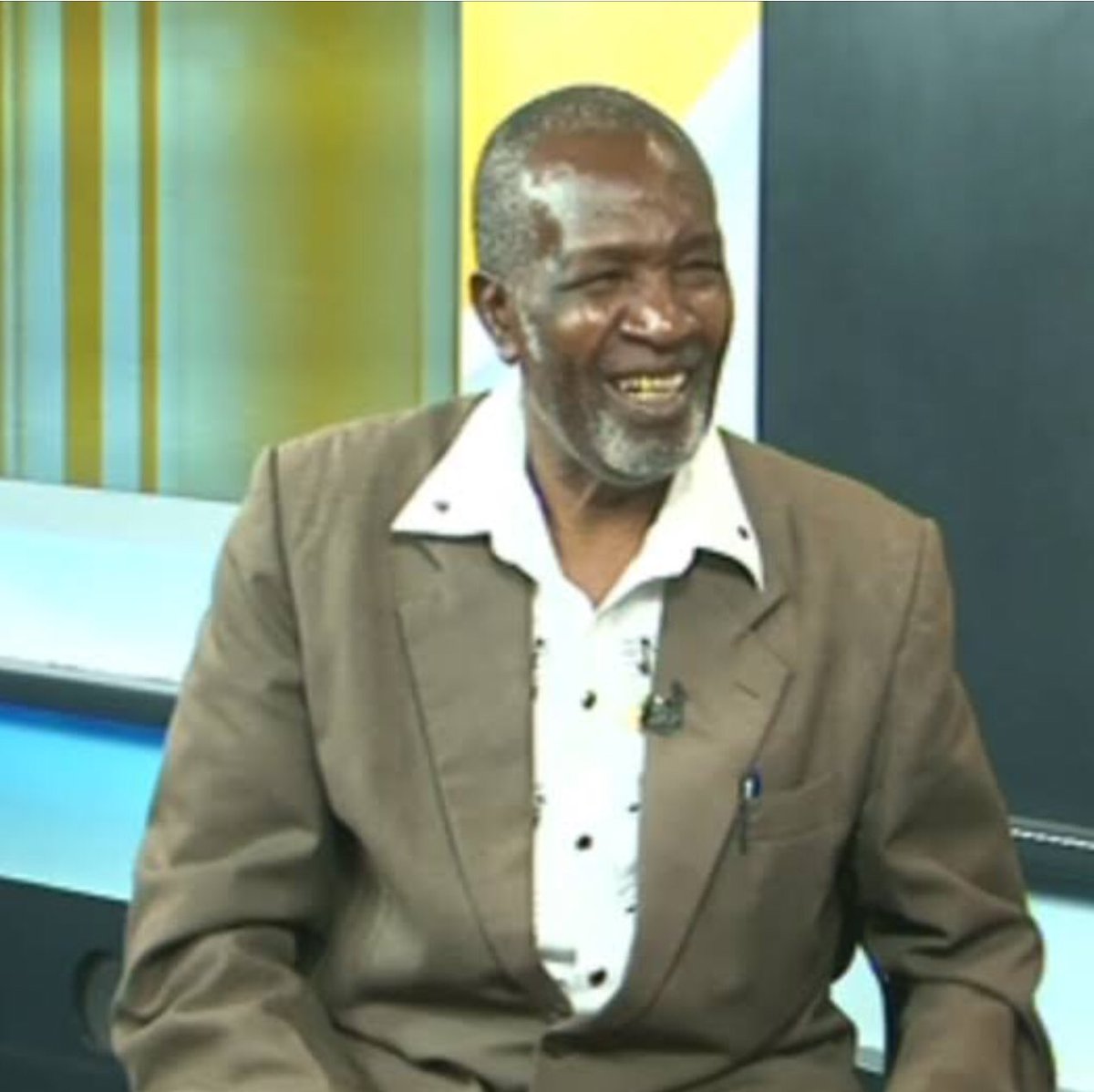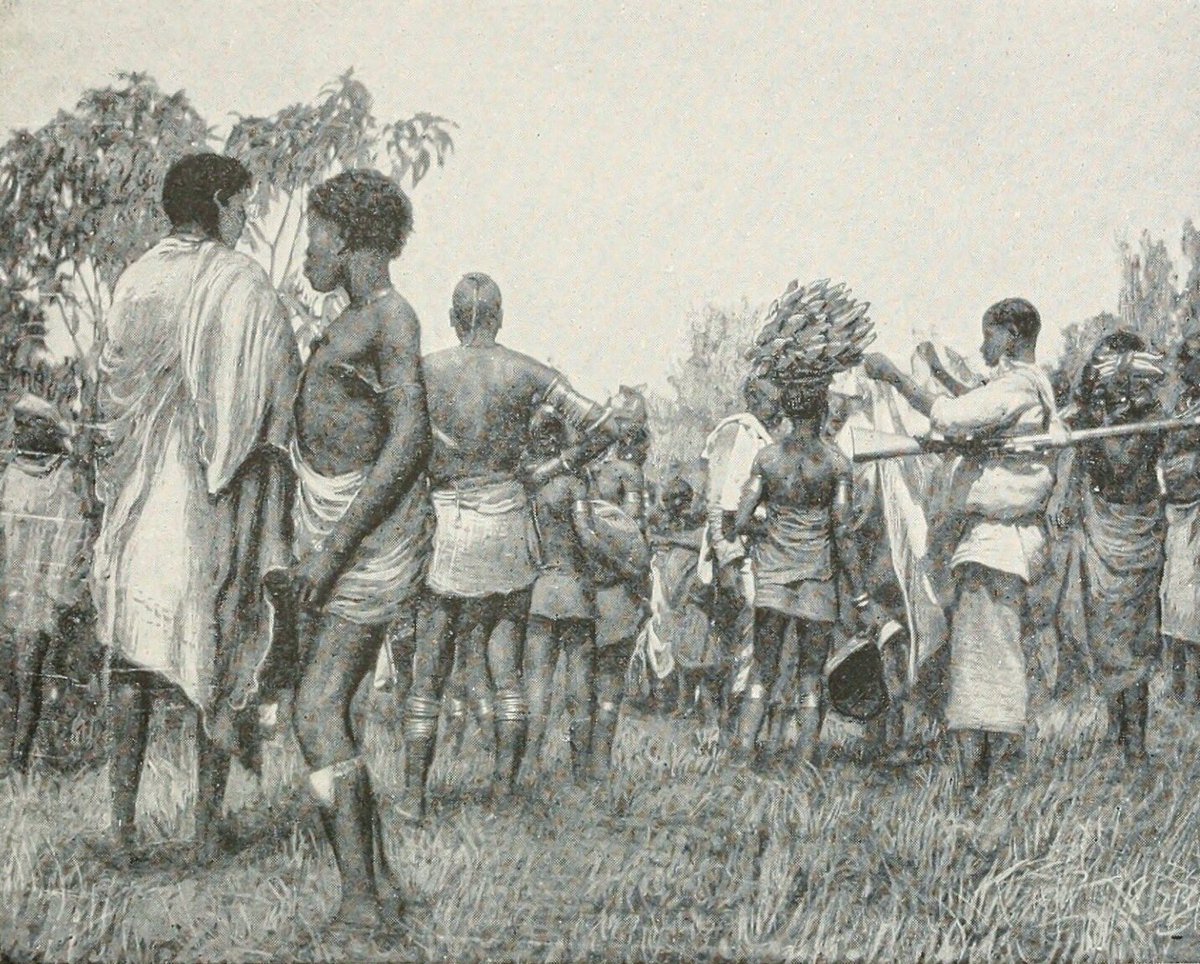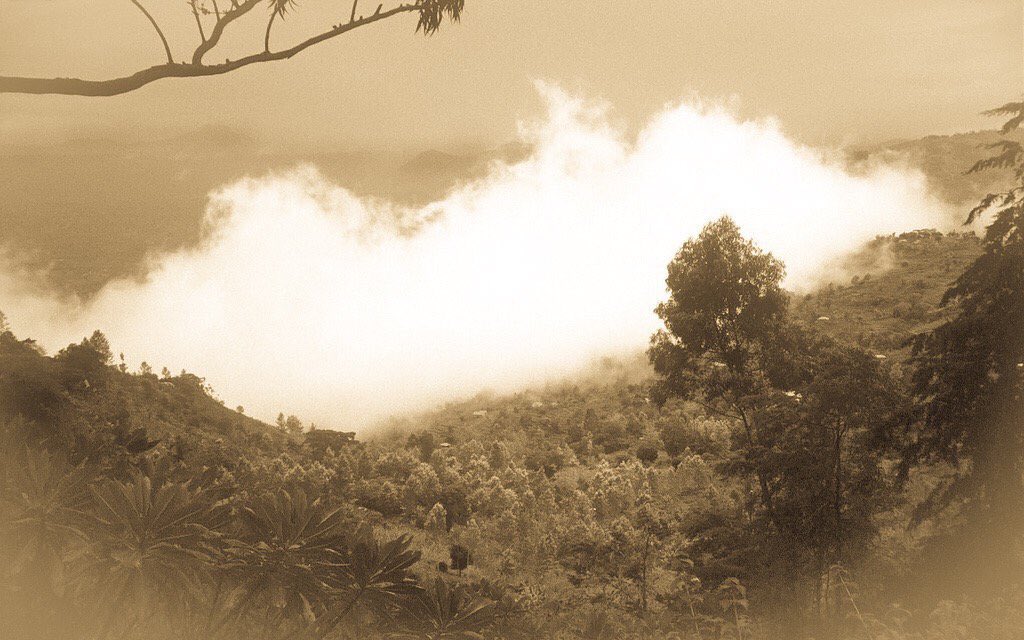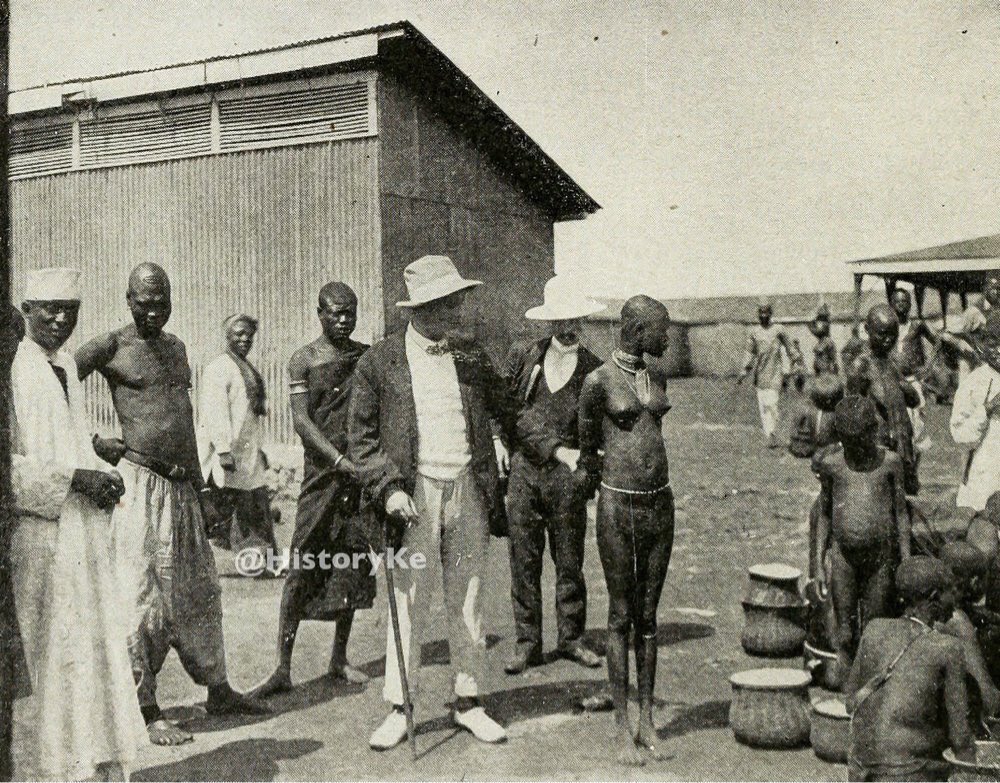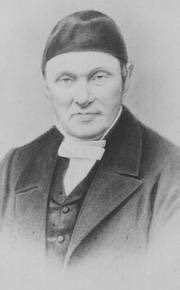1/12 #HistoryKeThread: Scotsman G.F. Scott-Elliot was a botanist and adventurer who landed in Mombasa on 1st November 1893. 
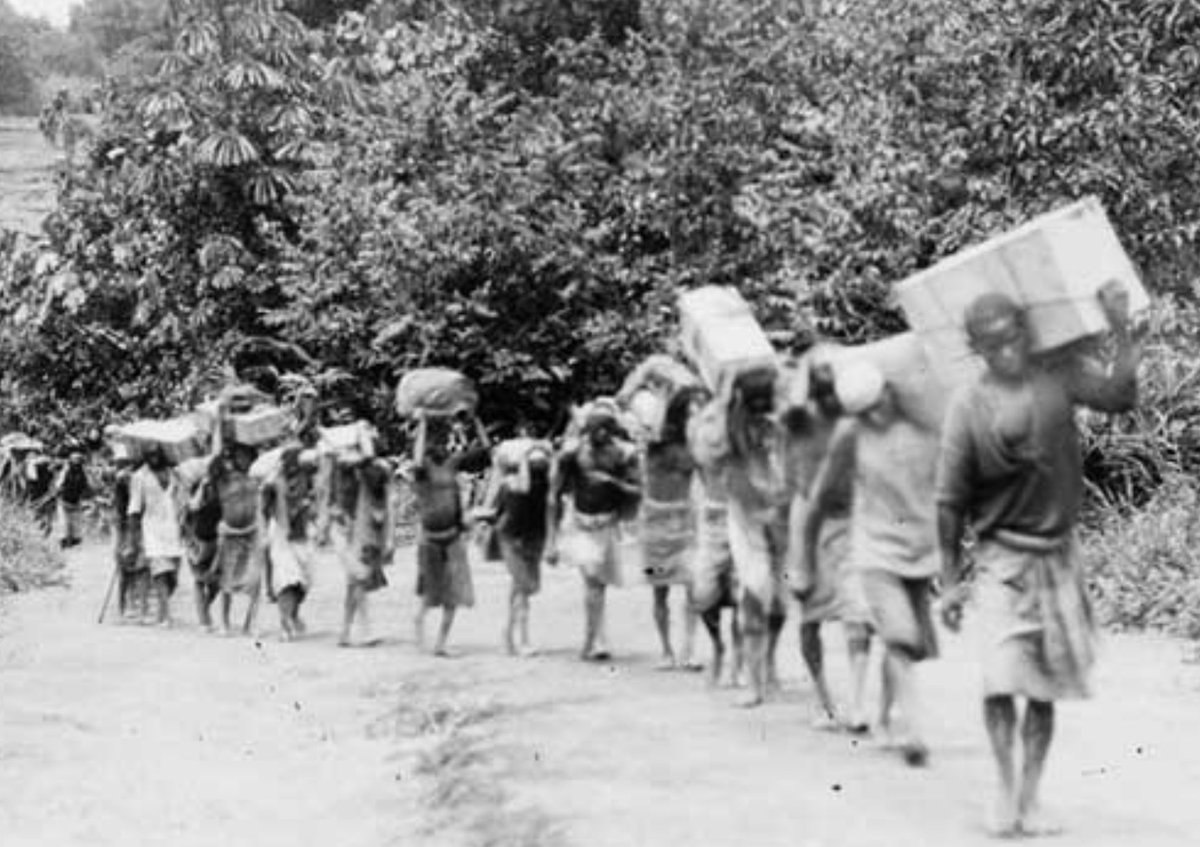
3/12 Excerpts:
4/12 “Here (Kilindini, Mombasa) I found that Messrs. Smith, Mackenzie and Co. had engaged seventy one men for me instead of thirty as I had requested them.
5/12 The manner in which porters were engaged at that time was as follows:
6/12 Anybody who felt inclined to carry a load went to one of the British East African headmen and gave him a rupee.
7/12 The headman then took him to the Transport Office and declared that he knew the man to be a good porter. who had often been to Uganda and would never run away.
8/12 The porter was then enrolled, and received his three months' wages in advance, upon which he became, as a rule, incapably drunk for a fortnight.
9/12 When I saw the hand that were to take my things up-country, I was filled with despair.
10/12 Many were boys not fully grown, and every kind of illness was represented amongst them. Certainly, twenty per cent would have been rejected on the most casual inspection. 
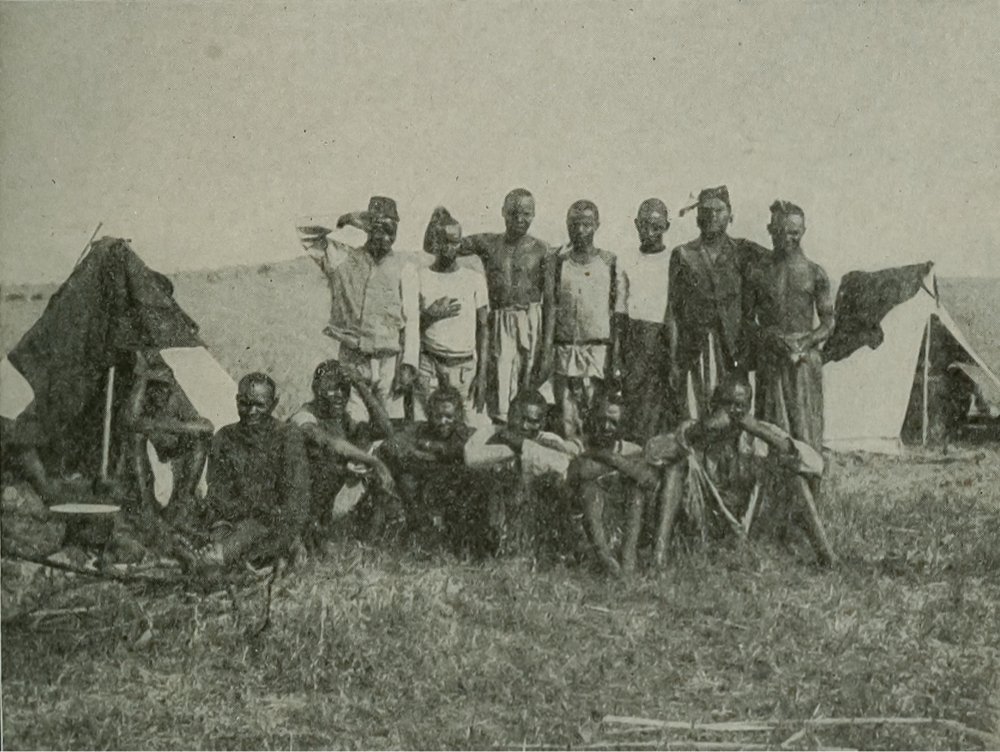
11/12 I knew nothing of the Swahili at that time and was rather inclined to trust to the opinion of others, so I contented myself with refusing four of the most obviously unfit, thereby losing, of course, their advance pay and posho money....”
12/12 So, ladies and gentlemen, employment bureaus didn’t start the other day. We had them in 19th century Mombasa.
• • •
Missing some Tweet in this thread? You can try to
force a refresh

